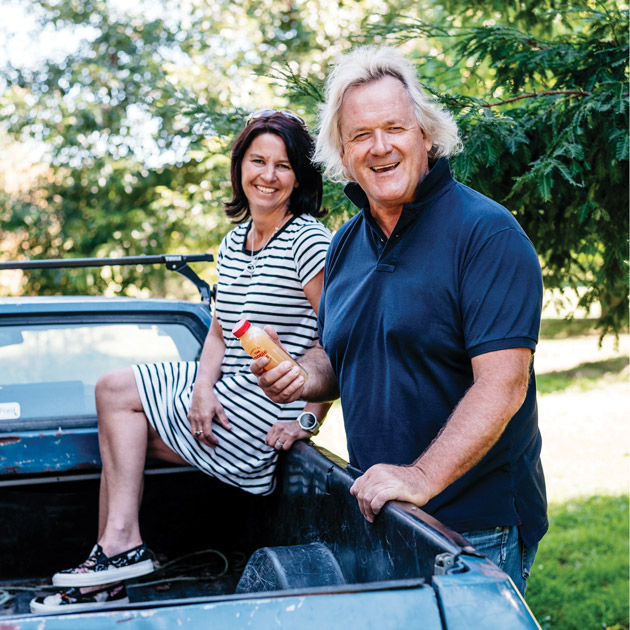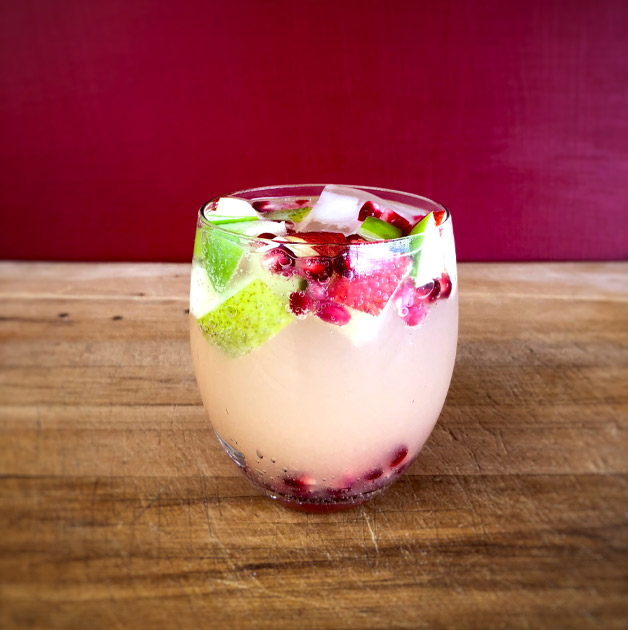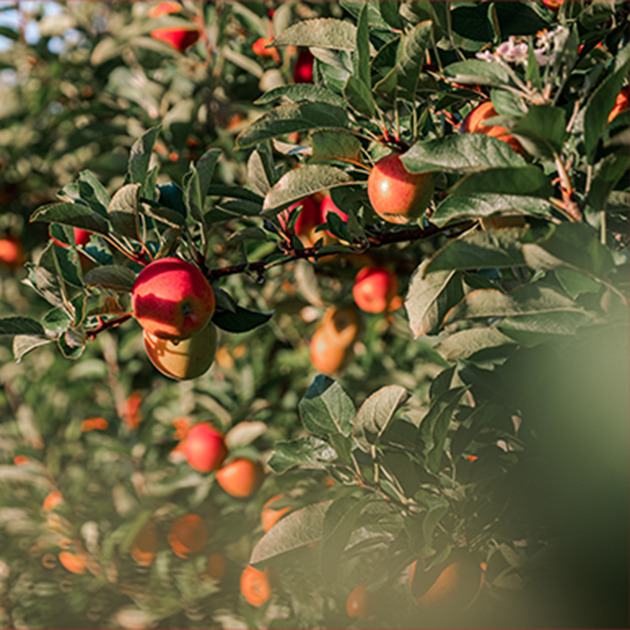Need to get to the “core” of something? Try our FAQs to find your answer and if all else fails, we are just an email away at hello@theapplepress.co.nz
The Apple Press can be purchased from New World’s, PAKn’SAVE’s, Countdown, specialty stores, and selected cafes nationwide.
No, we never add sugars to The Apple Press range. The sugar is naturally occurring, just like the fruit itself. The sugar content slightly varies, depending on the variety. Apple varietals on average 10-14g of sugar per 100ml.
When you cut open an apple, it goes brown. No one wants to eat a brown apple, and no one wants to drink brown apple juice either. That’s why we recommend you keep The Apple Press in the fridge so you can experience the freshest tasting apple juice!
And by the way, apples should be kept in the fridge too!
Plastic is by no means the perfect solution but as we’ve discovered right now plastic is the lowest carbon option for us to get our drinks to you. We opt for clear PET bottles (plastic code 1) and HDPE caps (plastic code 2) as these are easily recycled in Aotearoa and 97% of New Zealanders have access to facilities to recycle them. These types of plastic are widely accepted in kerbside recycling and free drop-off points because there are high volumes of these materials and they can be recycled and turned into other useful products, such as another bottle or food-grade plastic containers for meats, biscuits, berries and the like. That said, we are exploring ways to offset our use of plastic packaging and ultimately are committed to reducing our reliance on using fossil fuels. Our bottles are lightweight and are up to 25% lighter than typical juice bottles, meaning we produce less plastic for each juice served. Further to this, we’re investigating moving to Recycled PET (rPET) and/or plant-based bottles in the near future. Sustainability is always a moving target and we are trying our best to find the right solutions.
We often get asked why we wouldn’t use glass to bottle our juices – for all its good points glass has high carbon emissions – for example, a glass bottle must be reused 20 times to make its carbon footprint comparable with a recycled PET bottle. This is part of the reason why a number of craft beer breweries are moving away from glass to aluminium cans. Additionally, glass isn’t as sterile (aseptic) as PET, so our juice would need to be chilled and would only have a 30-day shelf life. The shorter shelf life would create greater food waste and would also mean higher emissions through refrigeration and chilled freight.


